Multicultural Awareness & Diversity by Leslie Korn
$219.99 $62.00
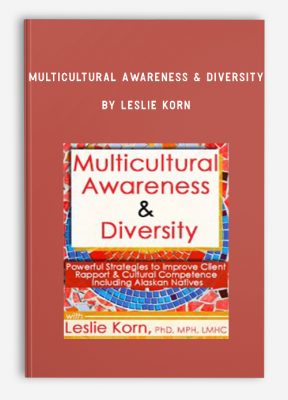
Multicultural Awareness & Diversity by Leslie Korn
**More information:
Get Multicultural Awareness & Diversity by Leslie Korn at Salaedu.com
Description
I remember the first time I provided treatment in Mexico and how scary it was to realize how much I didn’t know about their culture. I was worried I wouldn’t be able to interpret signs of my clients’ distress or understand their needs.
I realized that much of my knowledge base didn’t fit for every client, especially clients of different cultures, ethnicities, religions or sexual identities. Not feeling comfortable with clients who are different from us can prevent us from delivering the best treatment.
As I spent more time in Mexico, I discovered that the skills of cultural competency can be applied across all groups. I spent more time studying my own roots, uncovering my personal biases and researching other ethnicities and cultures. Since then I’ve had the opportunity to do clinical work with several different cultural groups around the U.S.
As a result, I feel that I can treat anyone, regardless of their background. Even if I don’t know a lot about their culture, I am comfortable asking my client to teach me what is important to them.
Join me for an adventure into the world of cultural competency. Improve assessment, avoid ethical dilemmas and overcome fears. Discover how to tailor treatment for specific groups and improve rapport with diverse clients. Most importantly, dig deeper into your own identity and discover how to use who you are, to help your clients.
Gain a reputation for being the premier therapist in your community for working with diverse clients!
You may just want to watch this recording to receive 3.25 hours of cultural competency AND 3 hours of ethics. But, I guarantee you will leave with so much more. This highly engaging and experiential seminar will challenge you to explore the intersection of your belief systems with your clinical work, and allows you to become more confident as culturally sensitive clinician.
Sincerely,
Leslie Korn Ph.D., MPH, LMHC
Cultural Competencies in Mental Health
- Mindfulness-based approach to cultural competence
- Trends in specific locale: variation and mental health needs
- Acknowledge cultural differences: terms of reference, racism and stereotypes
- Improve client rapport
- Make cultural connections
- Acquire knowledge & skills
- View behavior within a cultural context
- Exercise: Culture(s), biases and ethnic influences
Ethics & the DSM- 5®: New Guidelines for the Integration of Cultural Competencies
- Cross-cultural variations in presentations
- Cultural concepts of distress
- Assessments and diagnostic protocols
- DSM-5® cultural formulation
- Cultural factors influencing clients’ perspectives of their symptoms and treatment options
- Ethical standards for culturally competent practice
- Exercise: Cultural Formulation Interview
Overcome Dilemmas in Practice
- Working with limited English proficiency and bi/multilingual clients
- When to use an interpreter
- Intersection of religion, customs and culture
- Religious experience, counseling and mental health
- Cultural transference and counter transference
- Exercise: Strategies for working with cultural transference
Interventions & Strategies for Specific Populations
- Overview of Historical trauma/Migration
- Trauma in cultural context
- Assessments and tools
- Medications; use and belief systems
- Cultural examples of traditional practitioners & natural healers
- Integrate and adapt mindfulness and DBT interventions
- Explain mindfulness and breathing for Spanish speaking population
- Religious populations
- Mindfulness in prison video
- Exercise: Values exercise: medications/traditional healing/spiritual healing
More information about Medical:
Medicine is the science and practice of establishing the diagnosis, prognosis, treatment, and prevention of disease.
Medicine encompasses a variety of health care practices evolved to maintain and restore health by the prevention and treatment of illness.
Contemporary medicine applies biomedical sciences, biomedical research, genetics, and medical technology to diagnose, treat, and prevent injury and disease,
typically through pharmaceuticals or surgery, but also through therapies as diverse as psychotherapy, external splints and traction, medical devices, biologics, and ionizing radiation, amongst others.
Medicine has been around for thousands of years, during most of which it was an art (an area of skill and knowledge) frequently having connections to the religious and
philosophical beliefs of local culture. For example, a medicine man would apply herbs and say prayers for healing, or an ancient philosopher and physician would apply bloodletting according to the theories of humorism.
In recent centuries, since the advent of modern science, most medicine has become a combination of art and science (both basic and applied, under the umbrella of medical science).
While stitching technique for sutures is an art learned through practice, the knowledge of what happens at the cellular and molecular level in the tissues being stitched arises through science.
1 review for Multicultural Awareness & Diversity by Leslie Korn
Add a review Cancel reply
Related products
HEALTH - FITNESS - LIFESTYLE - MEDICAL
HEALTH - FITNESS - LIFESTYLE - MEDICAL
HEALTH - FITNESS - LIFESTYLE - MEDICAL
HEALTH - FITNESS - LIFESTYLE - MEDICAL
HEALTH - FITNESS - LIFESTYLE - MEDICAL
Complete Certified Professional Coach Online Course from Berry Fowler
HEALTH - FITNESS - LIFESTYLE - MEDICAL
HEALTH - FITNESS - LIFESTYLE - MEDICAL
HEALTH - FITNESS - LIFESTYLE - MEDICAL

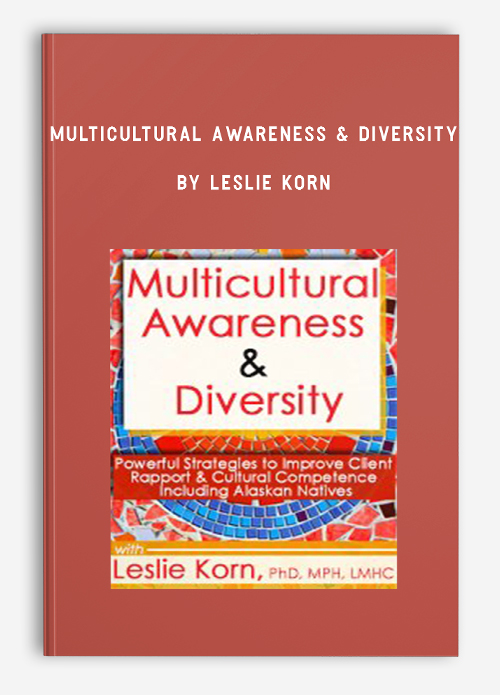
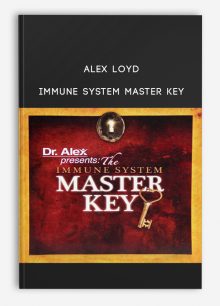
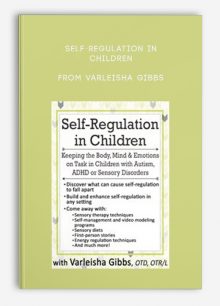
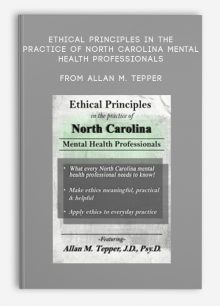


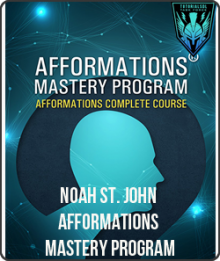


Trevis Trevis –
Welcome to Sala Shop, we are here to provide everything to learn and improve this life…encourage you to check clearly the course